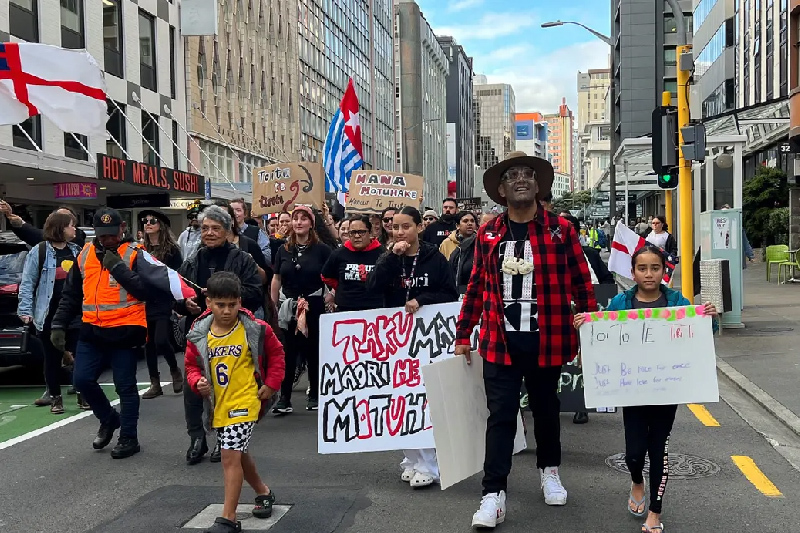Amid Maori protests, New Zealand decides to shutter indigenous health authority
The New Zealand health minister’s recent announcement to close the Māori Health Authority marks a pivotal shift in the country’s healthcare landscape. Established in 2022, Te Aka Whai Ora was created as an urgent measure to address longstanding health inequities faced by Māori, who make up 17% of the population. Its formation responded to the need to remedy historical barriers Māori faced in accessing quality care.
The current center-right government led by Prime Minister Christopher Luxon has pursued reversing indigenous-focused policies under past administrations. Since taking office in October, Luxon’s coalition has prioritized rolling back Māori language initiatives and indigenous rights/guidelines, sparking widespread protest from Māori who view it as undermining hard-won status. This move has triggered demonstrations and legal challenges reflecting deep concern within Māori communities over the erosion of indigenous representation and decision-making power.
Aligned with reversing such policies, Health Minister Shane Reti announced integrating the authority’s functions/duties into the national health framework by June 2023. While aimed at streamlining services and optimizing resource allocation, this has raised worries integration could dilute Māori influence over culturally-appropriate policies/programs addressing their specific needs. The government cites Waitangi Tribunal support, a commission handling Māori grievances and advocating reform where justified.
Jacqui Harema, CEO of Hāpa to Hauora NZ’s largest Māori public health organization, has voiced unease over dismantling the independent authority. She argues Māori are best positioned to understand challenges they face and advocate solutions grounded in cultural values/traditions. Harema emphasizes sustaining Māori-led initiatives’ funding and backing, noting progress in outcomes and community wellness. While officials assure all New Zealanders will receive equal treatment, concerns persist among advocates over lost autonomy and negative impacts on tailored well-being initiatives.
This decision reflects broader shifts prioritizing rollback of indigenous-focused initiatives. While integration advocates argue it streamlines services and boosts efficiency, critics caution indigenous representation and community-driven solutions addressing inequities could be compromised. Moving forward, meaningful engagement with Māori partners will be key to ensuring policies and programs are responsive to all New Zealanders’ needs and desires, including its indigenous population.



Comments
Post a Comment